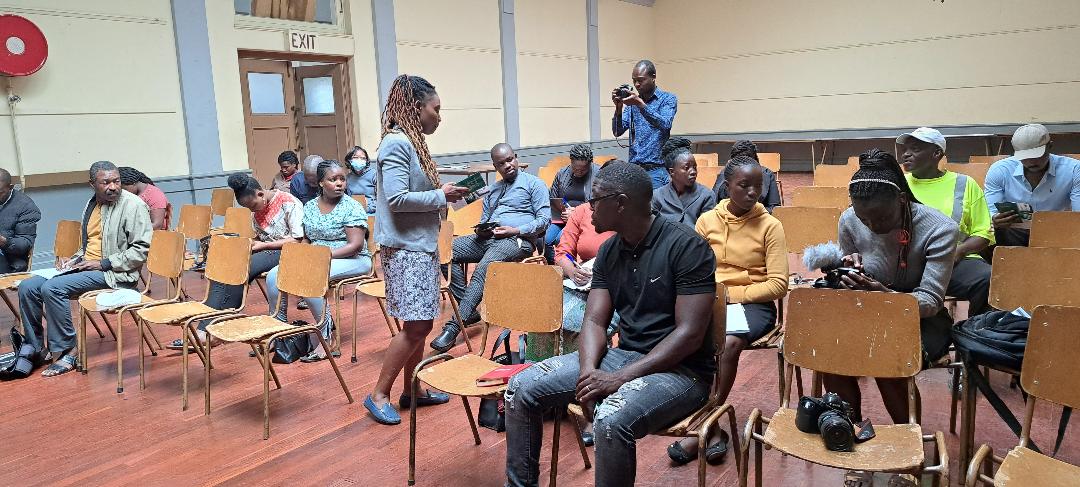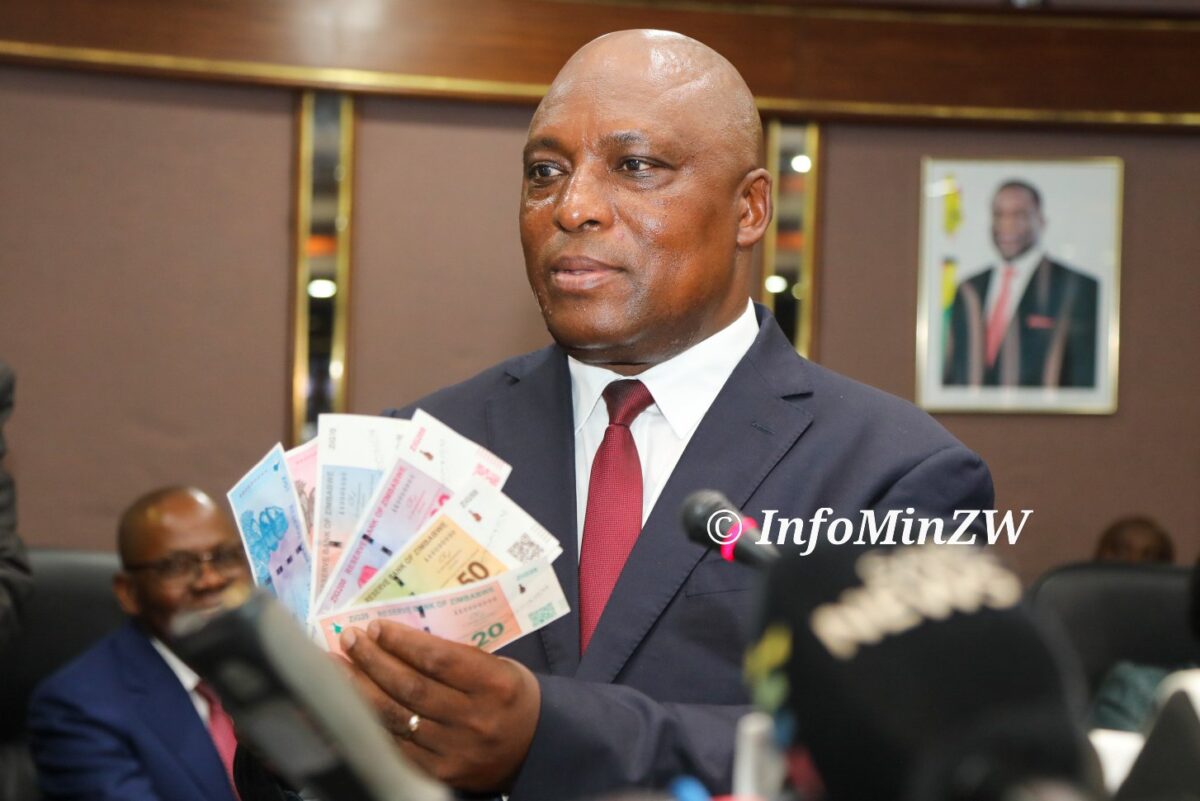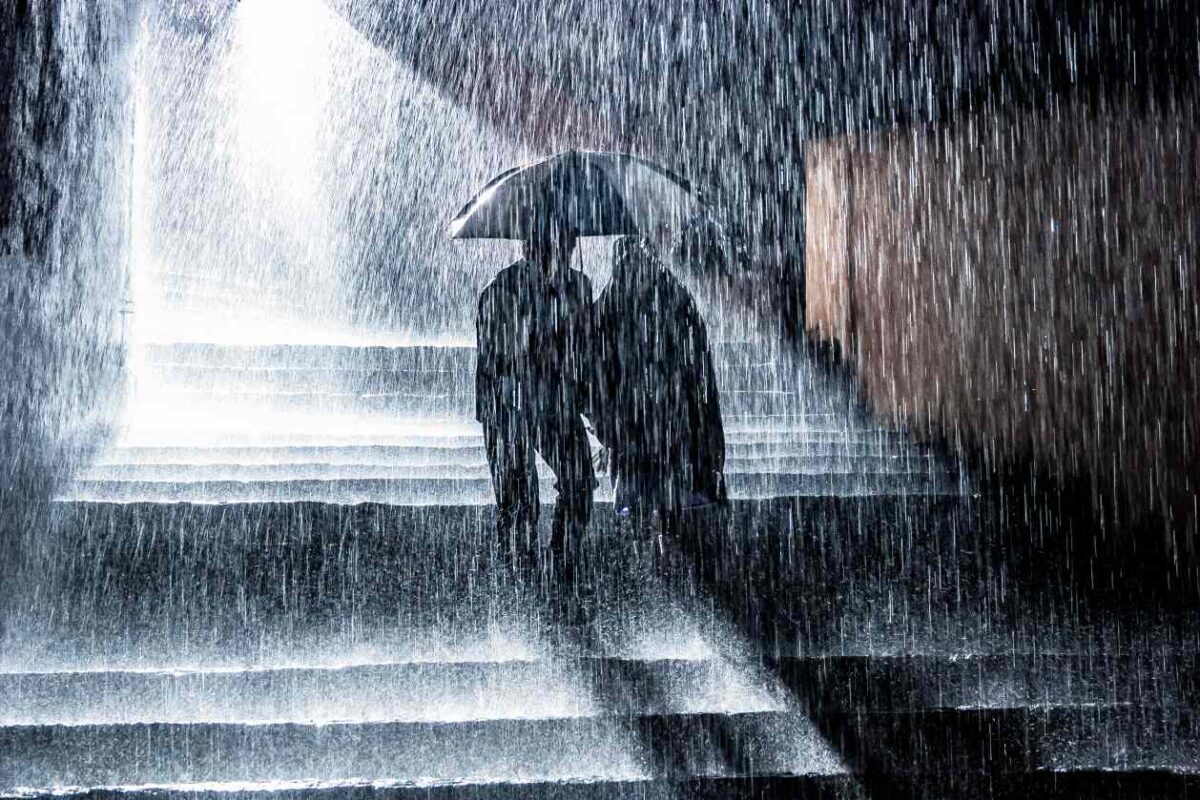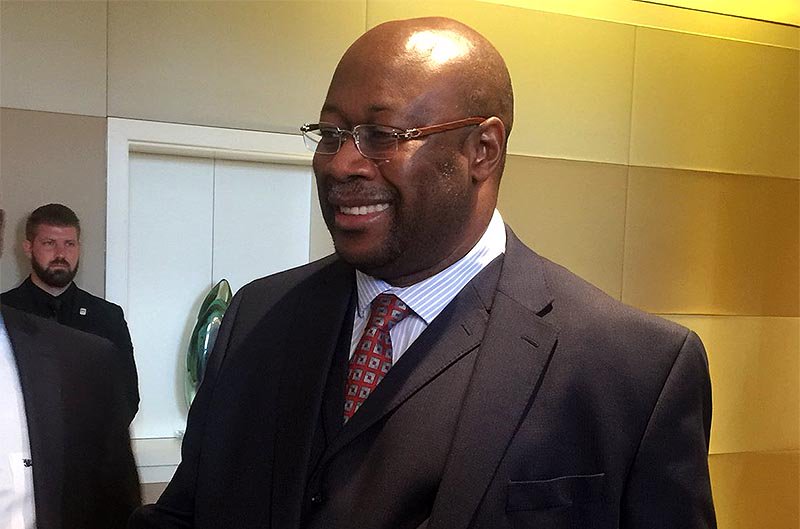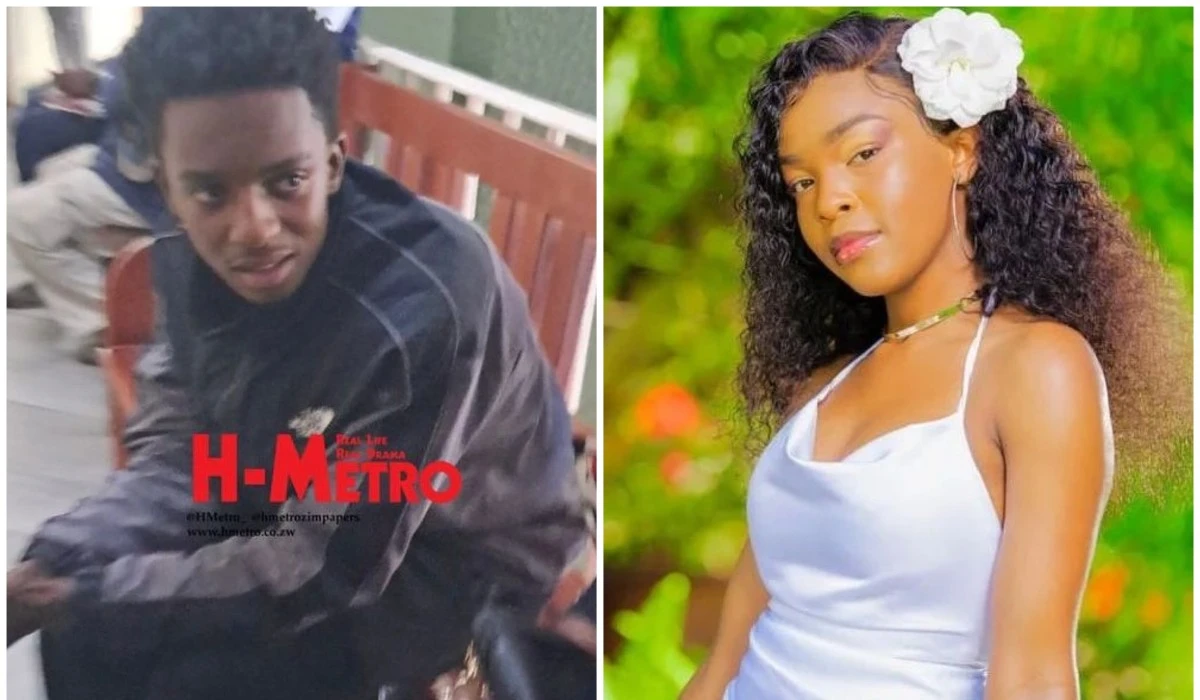BULAWAYO – Bulawayo residents largely stayed away from a government outreach process called Friday to gauge their views on the death penalty with a few individuals who convened at City Hall divided on the emotive subject.
Officials from the Justice, Legal and Parliamentary Affairs ministry and partners are currently on a countrywide tour to solicit for citizen views on capital punishment.
The team’s Bulawayo itinerary was marred by poor attendance of just under a dozen people and a handful journalists.
The indaba was scheduled to start at 10am but was delayed by nearly half an hour as organisers kept fingers crossed for more people to come.
Officials were later forced to proceed as it became apparent the meeting would be poorly attended.
Meanwhile, the few that convened expressed mixed feelings on the death penalty with some saying the extreme form of punishing offenders of heinous crimes was unfitting in a country with a judiciary that could erroneously send innocent people to the gallows.
Mitchel Phiri said the death penalty must be abolished as it violated human rights.
“l feel like the death penalty is an infringement on human rights,” she said.
“It gives a group of people the right to determine whether the next person should die or not.”
Phiri said Zimbabweans have lost trust in the country’s justice delivery system.
“What guarantees does the public have that prosecutors will do due diligence before a person is sentenced to death?
“A lot of people have lost faith in the justice system; the country is at risk of prosecuting innocent people.”
Another resident, Nathan Muronzi said the death penalty must be upheld as it was a deterrent to the crime of murder.
“If a person knows that if they intentionally kill, they are going to be hanged, it may deter them from committing the crime,” he said.
Muronzi also queried the exemption of women and people below 21 years from being sentenced to death.
“The death penalty must be harmonised with other laws,” he said.
“For example, we say the age of majority is 18 years but suddenly, we are saying people who are 21 years and under must be exempted.
“We also have gender equality laws. Why are women exempted?”
Jared Mubako said the death penalty must be abolished in place of severe punishment for those who commit crimes that warrant the dreaded sentence.
“Instinctively, you want revenge if something bad happens to you or your family member.
“Most people justify it by saying it helps prevent other people from doing the same thing again in the future.
“It’s better for the offender to be punished through other means rather than taking their lives completely.”
Another resident said the death penalty should stay as the option of life imprisonment meant that tax payers were burdened with taking care of criminals who are incarcerated for life.
Addressing residents during the meeting, justice ministry principal law officer Debra Machamire said public opinions were pivotal to proposed legislation around capital punishment.
“The main objective of the grassroots consultations is to solicit the views of the public regarding the death penalty question in Zimbabwe.
“The consultations are intended to provide a platform for heightened public awareness and participation in this inquiry,” she said.
The death penalty is regarded as the killing of a person convicted of murder committed in aggravating circumstances.
There has not been an execution in Zimbabwe since 2005.
For nearly 18 years, therefore, there is a de facto moratorium on the death sentence.
